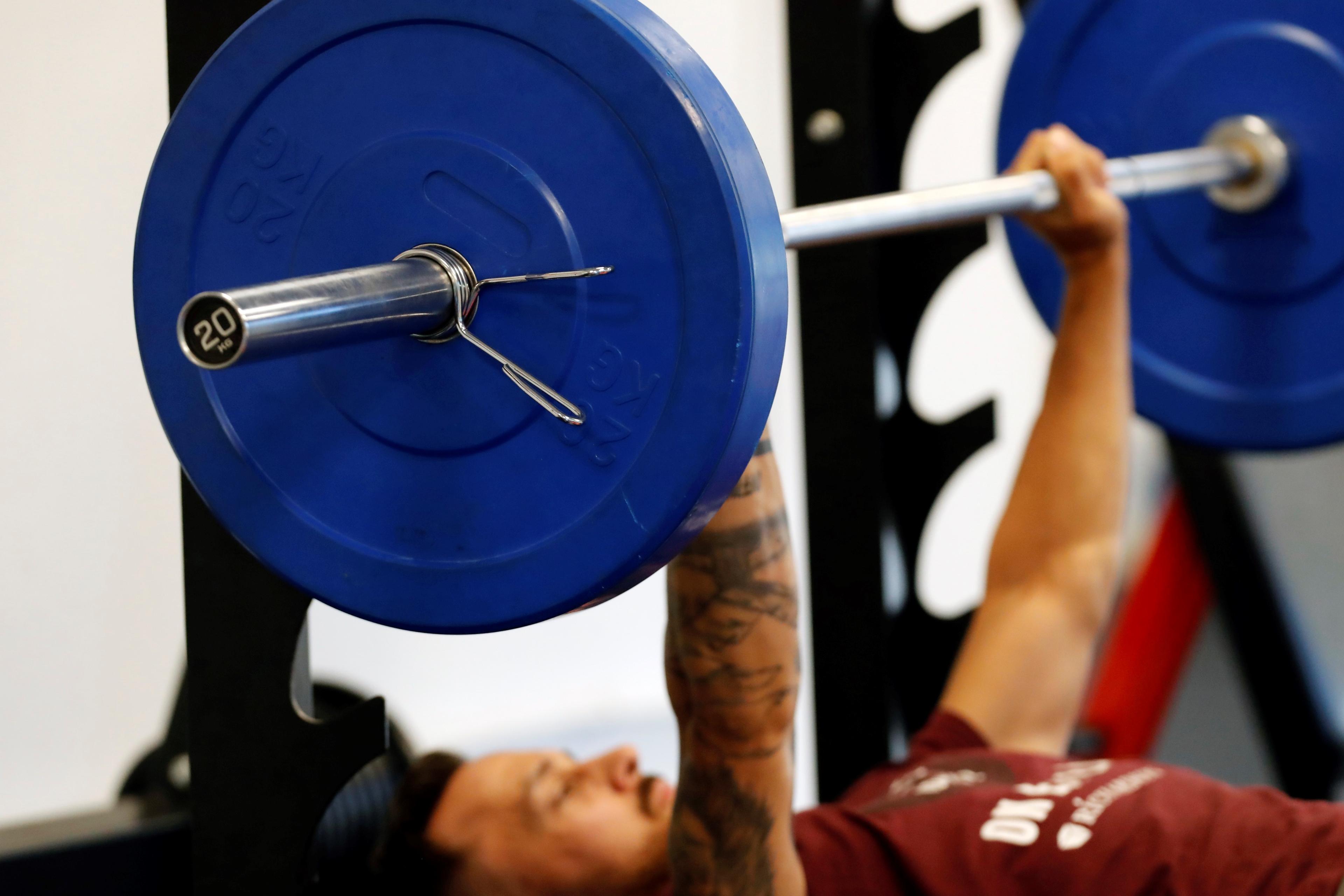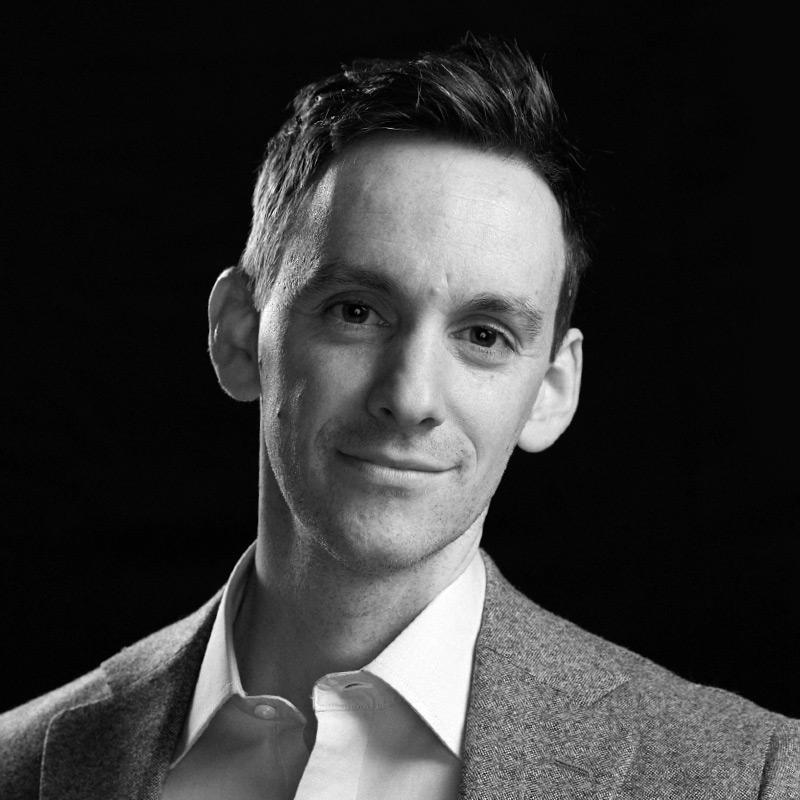
Exercise is a conundrum. On the one hand, physical activity is clearly one of the best interventions for preventing physical disease and mental suffering. On the other hand, scientists don’t really understand how it works inside the body or what exactly running, jumping, lifting, and squatting do to our tissues and organs. That’s finally changing. Euan Ashley, a professor of genomics and cardiovascular medicine and the chair of the Stanford Department of Medicine, is a member of a new research consortium that studies rats and humans to understand the molecular changes induced by exercise. Today we talk about the earliest findings from this new consortium, how exercise might have disparate effects in men versus women, why nature’s most effective cardiovascular intervention also seems to be nature’s most effective mental health intervention, as well as whether it will one day be possible to identify the molecular basis of exercise precisely enough to develop exercise pills that give us the benefits of working out without the sweat.
If you have questions, observations, or ideas for future episodes, email us at PlainEnglish@Spotify.com.
In the following excerpt, Euan Ashley and Derek dive into why exercise is such an important intervention for your health and the notion that one minute of exercise buys you five minutes of extra life.
Derek Thompson: Tell us a little bit about what you do.
Euan Ashley: I’m a professor of cardiovascular medicine and genetics and data science at Stanford University in California. I study a variety of things. I love the extremes of human behavior, including exercise, something we’re going to talk about today.
Thompson: I feel like it’s interesting, your work straddles two different buckets. On the one side, you’re looking into genetic mysteries that tell us things we don’t know about the world in our bodies. And with your work in exercise, you’re helping us to more deeply understand the molecular basis of something we do know, or at least we should know or suspect to be true, which is exercise is pretty good for us. At the highest level, why is it important to understand how exercise is good for us and how exercise actually works at the molecular level?
Ashley: I think it’s because it’s just such a potent intervention. I mean, I think of it as an intervention as a doctor. Exercise is just the single most important intervention you can think of for your health. There are plenty of other important ones. I’m sure we could talk about diet, we could talk about sleep, we could talk about other things. But I truly believe that nothing is more important among those than physical activity and exercise. And that there are deep-seated reasons within our human history to believe that that’s a reasonable assumption to make.
Thompson: And if we were going to describe the effects of exercise in a precise way, what would we say are the major benefits? Imagine we’re making an advertisement for a new pill that’s being marketed during Sunday football games, and that pill is called exercise. And at the end of the advertisement, there’s a fair balance disclaimer: Exercise may cause injury and shortness of breath. If you’re sedentary, please talk to your doctor before using exercise, etc. But before we get to that fair balance disclaimer, the makers of this drug, exercise, are going to proclaim its wonder to the viewing public with as much specificity as possible. What would they say in this advertisement? In what way is exercise the most potent medical intervention ever invented?
Ashley: Yeah. Well, first thing is they’d have to pay a lot for the advert because it might go on for a long time if you were going to list all of the things. But I mean, you name the system in your body, and exercise improves it and makes your chance of disease in that system less: 60 percent less likely to have [atrial fibrillation], 50 percent less likely to have diabetes, 70 percent less likely to fracture your hip, 50 percent less likely to have colon cancer, 25 percent less likely to have breast cancer, I think 25 percent less likely to get depression; 70 percent of people who are active in their daily lives report better sleep. And over many years, you’re much less likely to die. So, I mean, you pick your system. Exercise, it really is the magic pill.
Thompson: And having read your research and your interview with Eric Topol, I think you might be leaving the killer one-liner on the cutting room floor here, which is, and I believe I’m quoting you, “One minute of exercise buys you five minutes of extra life.” I’m just going to repeat that because it’s astonishing to read and I want you to confirm that it’s true. “One minute of exercise buys you five minutes of extra life.” So if you do the brief math on this, if I work out for one hour a day, four days a week, for 40 years, under this assumption, I would buy myself an extra four years and nine months of extra life. Number one, does that calculation feel directionally accurate to you? And number two, is this equation even true in the first place?
Ashley: Yeah. Directionally accurate, absolutely. Quantitatively, about right. Sounds about right to me. I’d have to double-check your math, but yes. And is it true? Yes. I mean, it is true. I will make the caveat that almost everything that we have that speaks to the longevity of humans is data from observational trials, which is to say that we take large populations of people, and, in this case, you wanted to make sure it’s the largest population you can. This data is based on a population of more than half a million people—so that’s pretty big—who were followed for over 10 years. And then we basically—not me. This is not my work. I’m reporting the work of others. But those investigators basically looked at the amount of exercise that was done (it was generally moderate to higher intensity exercise, but a brisk walk plus) and looked at the number of minutes every day that those people exercised and then looked at how long they lived.
And there was a very clear correlation. And when you looked at how much that exercise bought you in terms of extra life, it did indeed map that one minute of exercise at a brisk walking sort of pace would buy you five minutes. In fact, if you exercised at a higher intensity, you could get seven or eight minutes of extra life. So it is a stunning statistic, and it’s just not really the way we normally think of it. I think most people, if you said to them, “Do you believe exercise makes you live longer?” They’d probably say, “Yeah, probably. My doctor’s telling me it’s healthy for me. I believe that.”
But I think just having the rawness of the statistic and really seeing it, when you think about your life and trying to juggle the minutes of your day and how you might be more physically active to help your health, that seems plausible but also a little bit abstract. How am I going to fit it into today? What’s on my calendar today? And it’s very hard to connect what you’re doing today with your life in the long term. But I think that’s one of the [reasons] that the statistic seems so heuristic because it really contrasts what you’re doing today and what you might do right now if you stand up and walk around with your ultimate length of life and what you could get and what you would have time to do in those years that you gain.
This excerpt was edited for clarity. Listen to the rest of the episode here and follow the Plain English feed on Spotify.
Host: Derek Thompson
Guest: Euan Ashley
Producer: Devon Baroldi
Subscribe: Spotify

